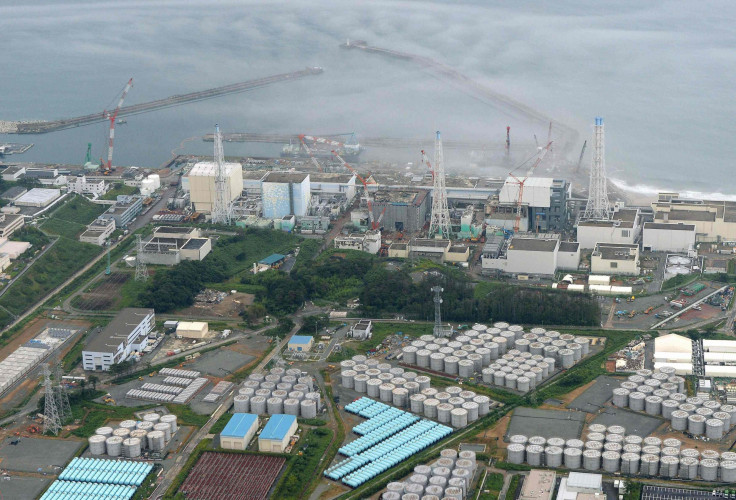Japan Approves Fukushima Operator's Revival Plan

By Mari Saito and Kentaro Hamada
TOKYO (Reuters) - Japan's trade ministry on Wednesday approved a revival plan for the utility responsible for the 2011 Fukushima nuclear disaster, Tokyo Electric Power Co., its second attempt at restoring its battered finances.
The plan hinges on Tokyo Electric (Tepco) restarting its Kashiwazaki Kariwa nuclear plant to cut fossil fuel costs, a contentious undertaking staunchly opposed by the local governor.
An earlier plan by Tepco outlining a revival after its Fukushima plant was hit by a massive earthquake and tsunami in 2011, triggering triple meltdowns at the site, had to be torn up because it could not restart Kashiwazaki.
"As for the restart of Kashiwazaki Kariwa ... this is simply an assumption built into the financial plan," industry minister Toshimitsu Motegi said as he gave formal approval of the plan to Tepco President Naomi Hirose.
The previous revival plan revolved around a Kashiwazaki restart in early 2013. The new plan envisages a restart of two reactors at the station in July.
Motegi and Hirose said there may be a time lag between the plan's assumption and any restarts.
The recovery of Fukushima prefecture, dealing with compensation for those who lost homes and businesses and decommissioning the damaged plant are national priorities, Motegi told Hirose.
"Tepco will throw all available resources at taking responsibility for Fukushima. We will compensate every last person and the company has many things to do in order for residents to return quickly," Hirose said.
The company, which is majority owned by the government after an earlier bailout, said in the plan it may increase electricity prices if there are long delays in the restart schedule.
The new plan sees deeper cost cuts and more staff reductions than in the previous version. Tepco says it is aiming to report recurring profit of 167.7 billion yen ($1.62 billion)in the year through March 2015.
Tepco said it would seek savings on fuel purchases of 650 billion yen annually by buying supplies in partnership with other companies.
POLITICAL DEBATE
The disaster at Fukushima, the worst nuclear crisis since Chernobyl in 1986, eventually brought about the halt of all nuclear power plants in Japan so they could be vetted under tougher new standards.
Opposition to atomic power remains strong in the country and is set to become a major issue in an election next month for governorship of metropolitan Tokyo, which owns a stake in Tepco.
Most candidates are opposed to restarting nuclear power plants and one, former prime minister Morihiro Hosokawa has received the strong backing from Junichiro Koizumi, one of Japan's most popular leaders, who ruled between 2001 and 2006.
In the nearly three years since the disaster, the utility has been plagued by a string of setbacks at the Fukushima station north of Tokyo, including leaks of highly radioactive water last year, prompting the government to step in with more support.
The local governor in Niigata, where Kashiwazaki is located, has been a vocal opponent of Tepco's management and has questioned whether the company has the ability to operate a nuclear station, following the failings in its preparation and response to the disaster. He has publicly called for the Tepco's liquidation.
(Reporting by Mari Saito and Kentaro Hamada; Editing by Aaron Sheldrick and Jeremy Laurence)
© Copyright IBTimes 2025. All rights reserved.
Join the Discussion





















